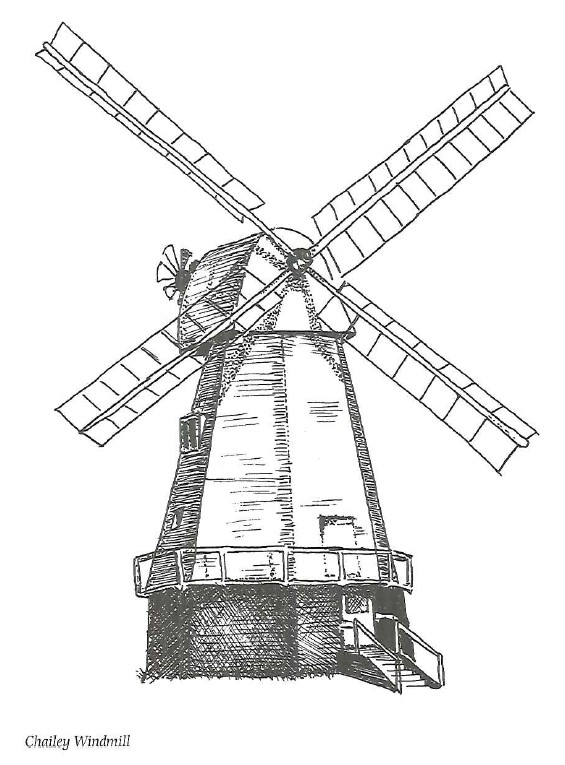Life locked in a miserable marriage with no money got too much for Mary Ann Geering. She poisoned to death her husband and two of her sons with arsenic and mercury and attempted to murder a third son. To the end she denied that her crimes had been motivated by the money she received on their deaths from the local benefit club, the Guestling Friendly Society. She was led to her actions simply by the misery of her life.
Thousands gathered in the streets of Lewes to see the wretched woman hanged in August 1849. She left a strangely poignant letter for her (remaining) children: “forty long years didi live and did not think I had a God nor a soul to save, and my sins have found me out. I have not said much When i have been told, for i was a shamed of my Sinful State before God and man. If i had never been brought to Lewes prison i have done plenty to deserve a worse death than mine. I do pray to be forgiven by God and man through the blood of him that died upon the cross, and if God be merciful to me i think I shall be the bigest siner that ever was pardoned.’
The close proximity to the seaside resort of Hastings has in recent years brought demands on Guestling to play its part in the leisure and tourist industry, with proposals for a new ‘village’ of holiday chalets and a golf course.
Industry of the more conventional kind flourishes here. Hand-made bricks are made in Fourteen Acre Lane, where the Hastings Brickworks has a claypit. Modern bricks would look out of place in a building of antiquity so there is a great demand for the Guestling variety, produced by specialists. Church restorers are particularly grateful to the business and other customers have included Camber Castle, Hampton Court and Buckingham Palace.
A ‘Guestling’ was a sort of parliament instituted by the Cinque Ports Confederation to sort out matters among themselves and negotiate with other seaport towns. It probably took its name from the village.
Adam Ashburnham, a member of a family that lived here for 400 years, made a bequest in his will for someone to put in a good word for him after his death: the sum of 4s 4d a year, with meat and drink at the manor house, was left to the priest who would pray for Adam’s soul and for the souls of his friends.
The Cheyneys were another important family who wanted to be remembered on earth; the 17th century effigies of John and Elizabeth Cheyney in the church chancel were to be kept clean, and land was left to four poor widows’ to ensure that this was done.
One of England’s great scholars when Shakespeare was born was Gregory Martin, born in the old timbered house called Maxfield to the north of the village. He became a tutor in the house of the Duke of Norfolk and spent the last years of his life at Rheims, where he translated the Latin Bible into English, a version known as the Douai Bible. He died in 1582 and is buried in Rheims.
Buried in Guestling is that most celebrated of all nannies, Alice (she of the changing of the guards at Buckingham Palace). An additional inscription was added to the headstone explaining who Olive Brockwell was. The new inscription was paid for by the late Christopher Milne, the original Christopher Robin (see Hartfield). For the past few years there have been no local relatives to look after the grave so the task was taken on by a Rye bookseller, Tony Reavell.
